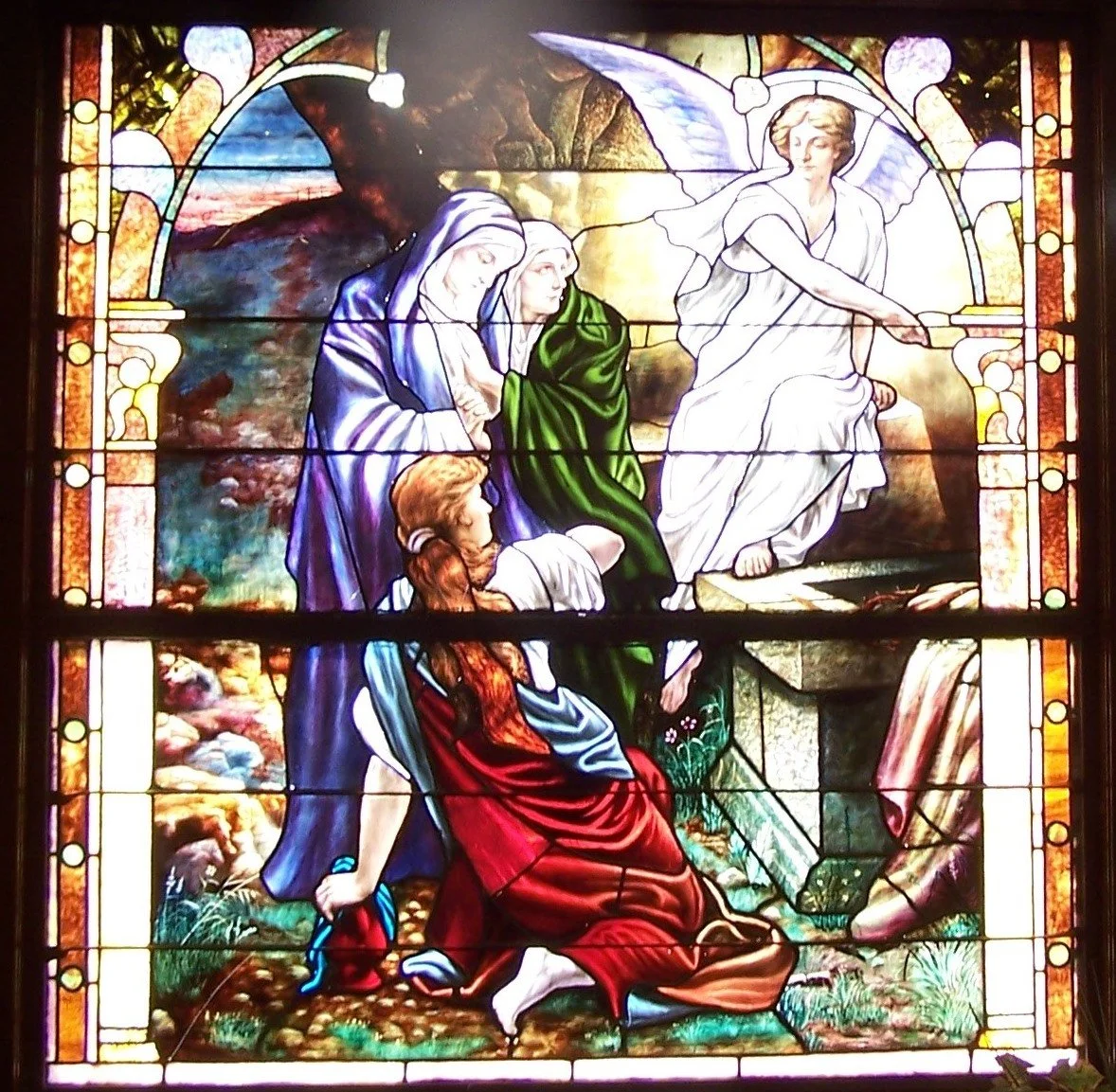Dear Friends,
While in the most basic sense a pastor (interim or otherwise) is involved in all facets of a church’s life, the area in which a pastor is most consistently involved is in the church’s worship. The Presbyterian Church (USA) Book of Order makes clear just how much involvement is designated to the pastor (or teaching elder or Minister of Word and Sacrament, to use proper church-speak): Ministers of the Word and Sacrament…are called to proclaim the word, preside at the Sacraments, and equip the people for ministry in Jesus’ name. Specifically, ministers of the Word and Sacrament are responsible for:
¨ The selection of Scriptures to be read,
¨ The preparation of the sermon,
¨ The prayers to be offered,
¨ The selection of music to be sung,
¨ Printed worship aids or media presentations for a given service, and
¨ The use of drama, dance, and other art forms in a particular service of worship.
That’s a lot.
With that in mind as well as my role as an interim pastor, I would like to put some things before the congregation at worship during my tenure here. One of the first things you’ll see is the insertion (or perhaps return) of a Statement or Affirmation of Faith, typically directly after the sermon. While there are a few exceptions, the large majority of such statements used in PC(USA) worship are drawn from the church’s Book of Confessions. This resource, which is periodically updated, contains confessional statements reaching back as far as the Nicene Creed and the Apostle’s Creed, from the earliest days of the church, and forward as the Confession of Belhar, an anti-apartheid statement from the Dutch Reformed Church in South Africa, and A Brief Statement of Faith, commissioned by the newly-reunited PC(USA) in 1983 and added to the Book of Confessions in 1991.
While the Nicene Creed and Apostles’ Creed are short enough to be included whole in a service, the others are lengthier documents which are best used in excerpted form. Furthermore, some of the confessions, while worthy and even needful for the church’s study, don’t easily translate into spoken affirmation of faith due to their specific references to the situation that prompted their creation. The Barmen Declaration, while perhaps one of the strongest and most powerful such statements in the Reformed tradition, is frequently so specific to its context (Germany in the 1930s as the Nazi Party came to power and much of the church in that nation rushed to support it, can be difficult to fit into an American worship service (even as its relevance seems to grow greater and greater).
Look for the Affirmation of Faith to begin appearing in worship soon, most likely starting with the familiar Apostles’ Creed and Nicene Creed (which is most typically used in services in which the sacrament of the Lord’s Supper is observed).
Charles
